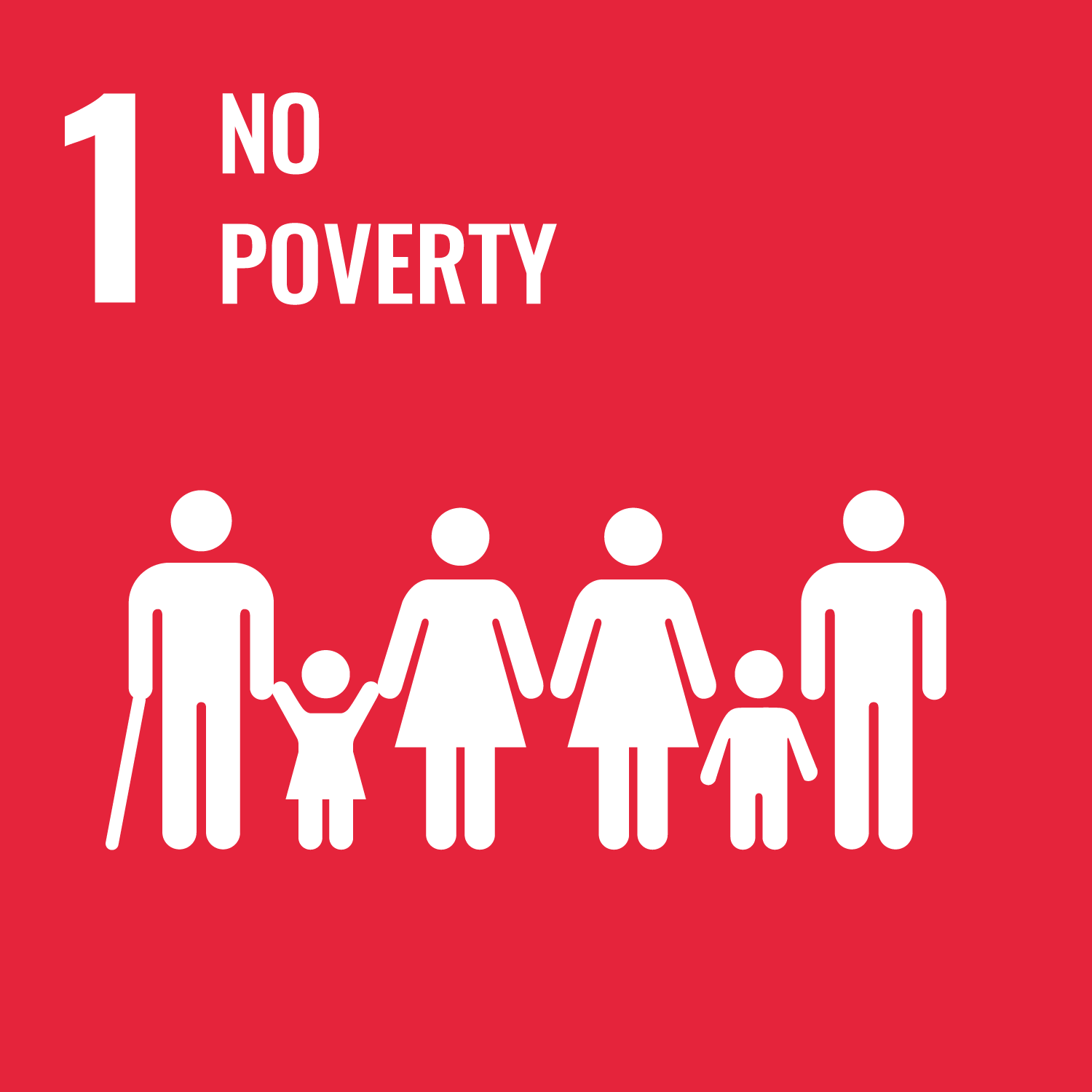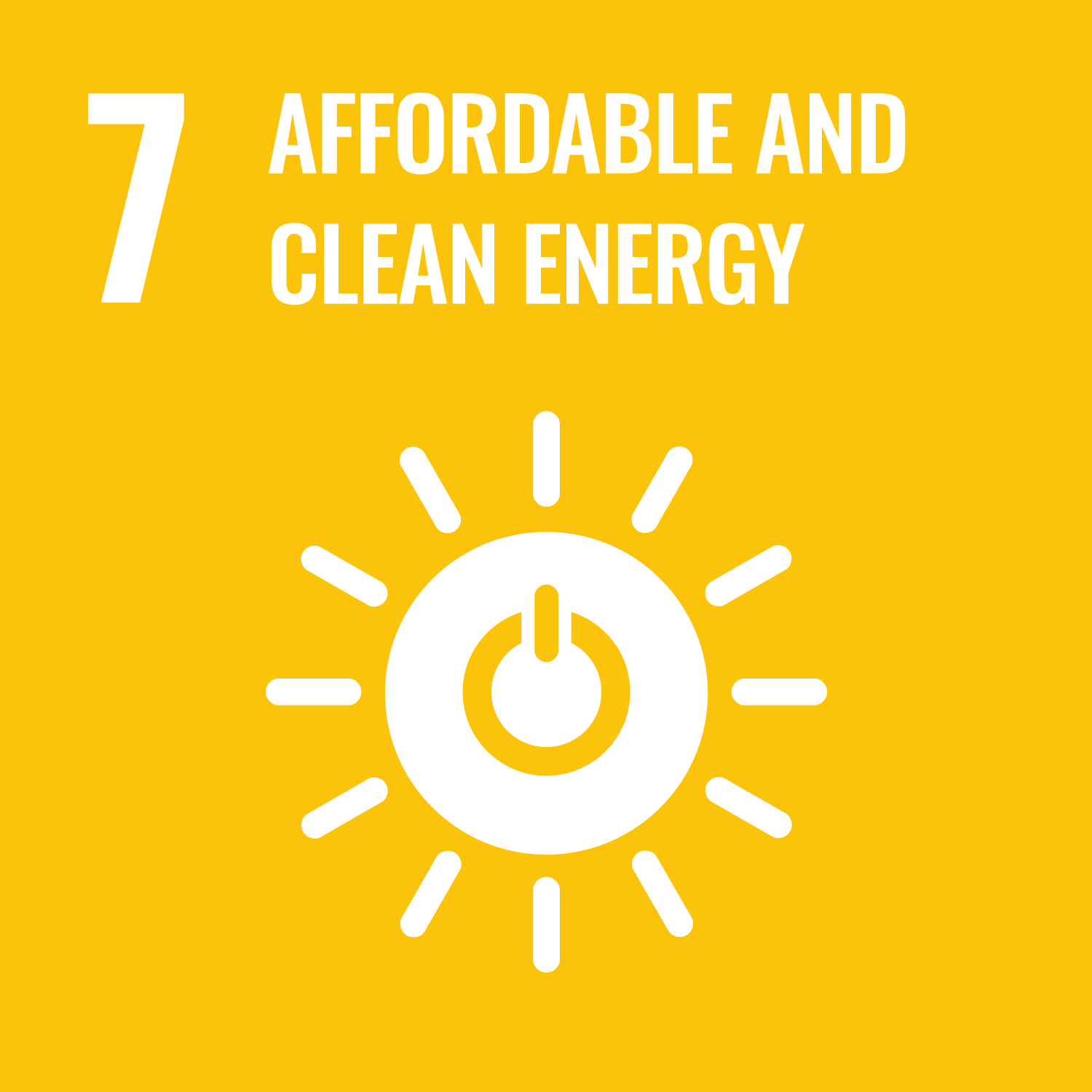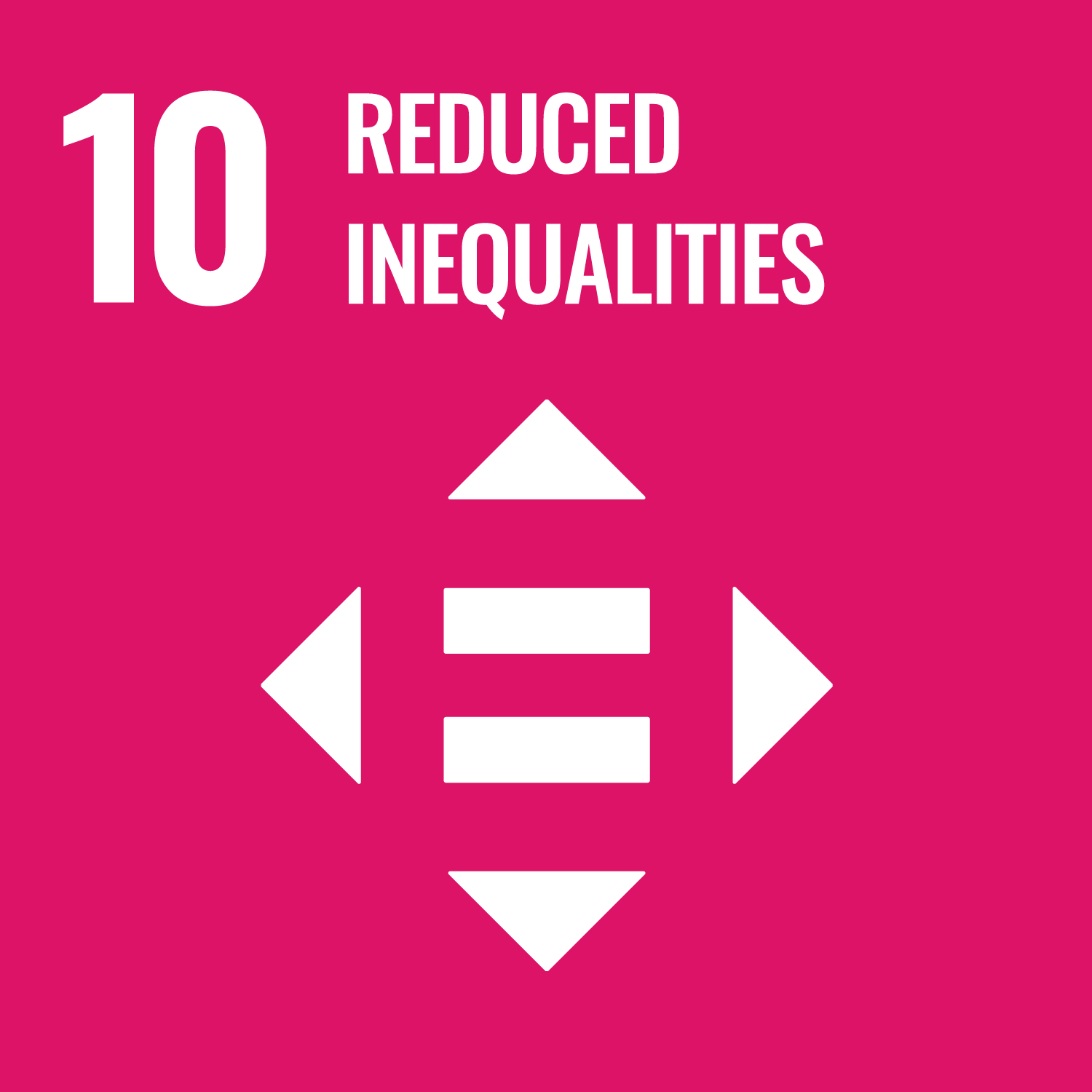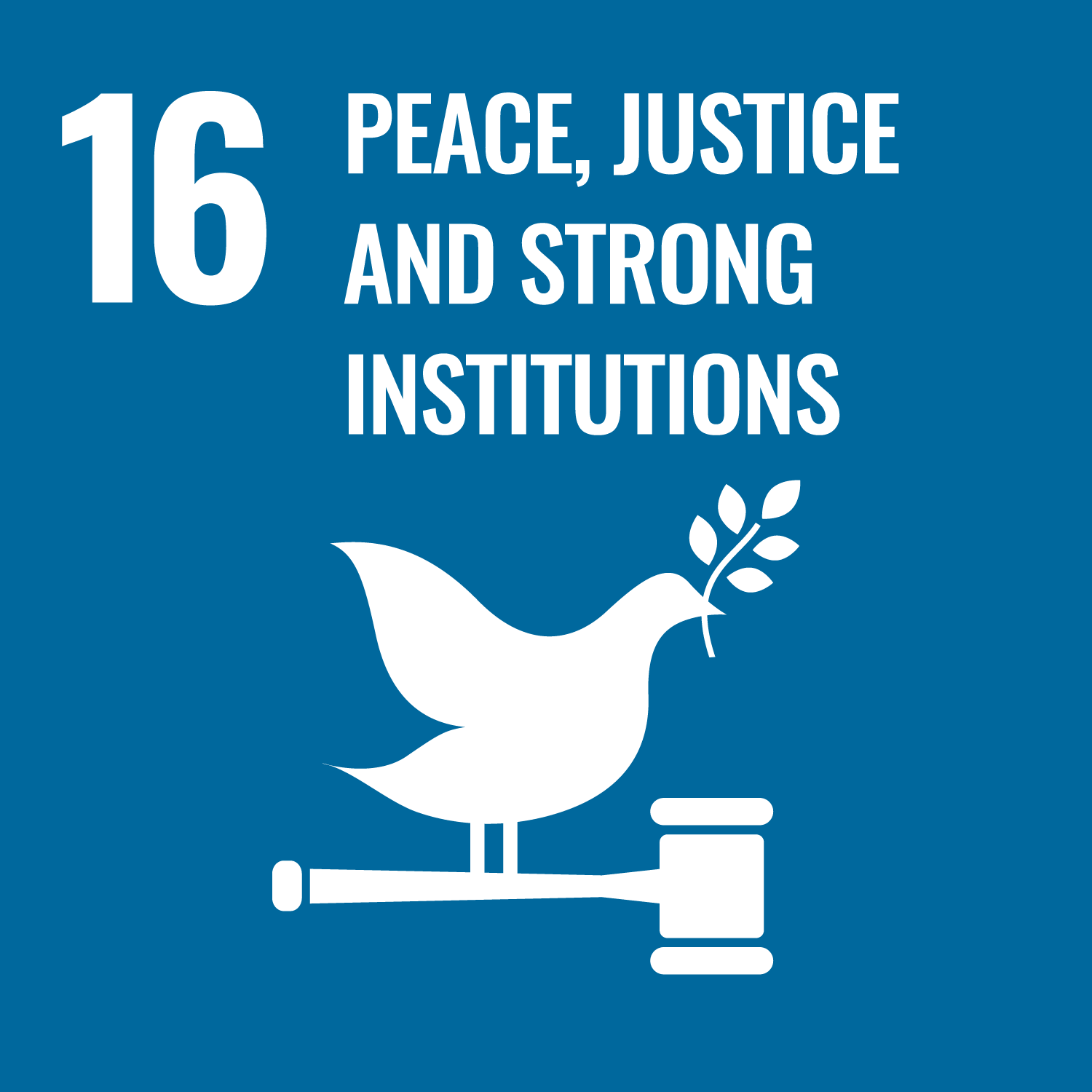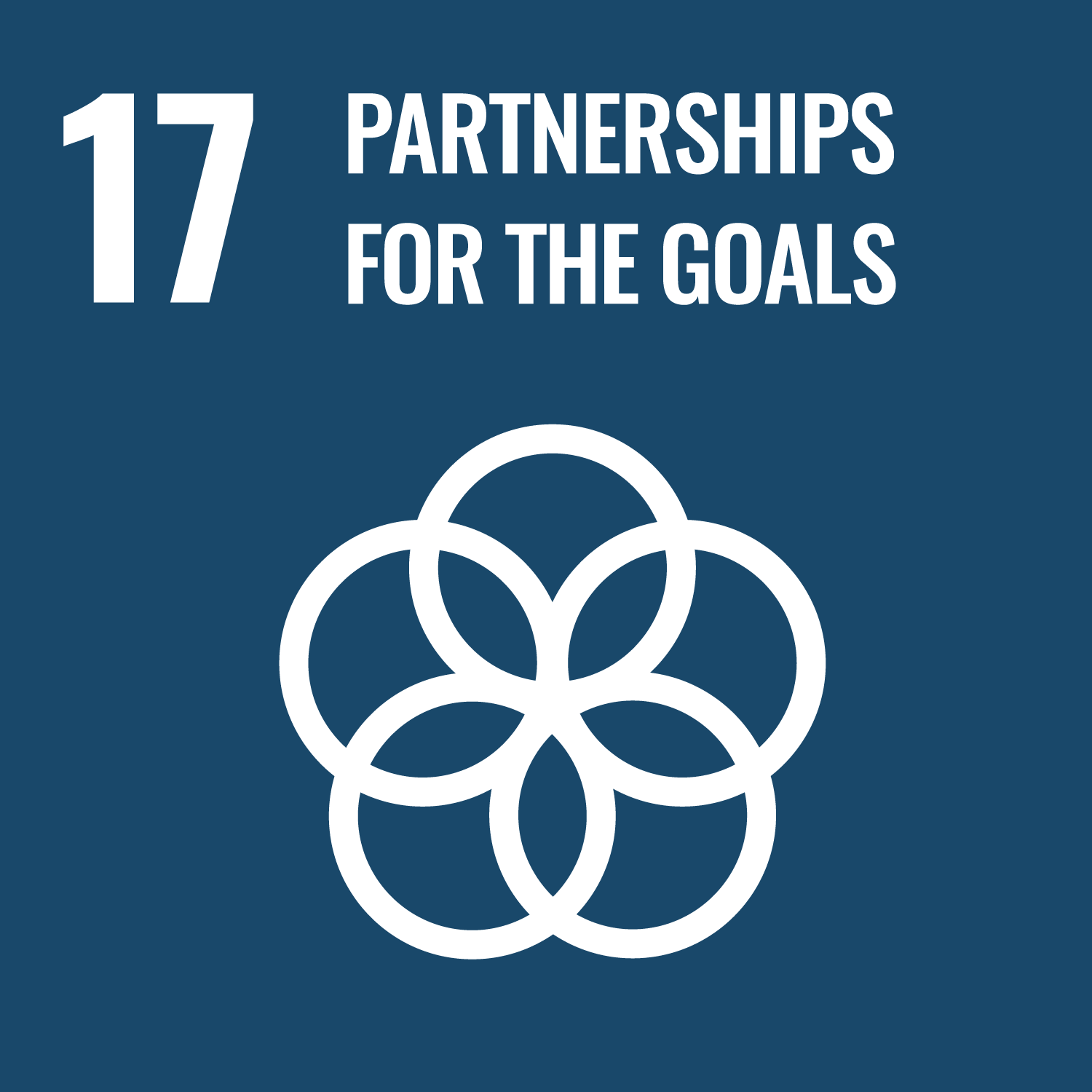- Home
- Sustainability and social sciences, the right to sustainability, attention to diversity and inclusion, relationships between sustainability and social equity
Research
Sustainability and social sciences, the right to sustainability, attention to diversity and inclusion, relationships between sustainability and social equity
Premises
Social sciences approach the theme of sustainability from different perspectives. The focus of the analysis is the very notion of sustainability, the implications brought by its polysemy, and the impact that its different meanings exert or may exert on socio-economic dynamics. The research activities of this Working Group, coordinated by researchers from the University of Trieste, concentrate on two aspects that, from the TLQS perspective, appear relevant: environmental policies and social and territorial inequalities on one side, and the legal dimension of sustainability on the other.
ENVIRONMENTAL POLICIES AND INEQUALITIES
If there are no shared definitions of sustainability that can stem from a single theory of sustainability, there do exist public policies whose objective is precisely sustainability. Analyzing these policies can help understand the ideas—more or less explicit—of sustainability underlying public action. Studying policies means evaluating their theoretical framework, objectives, tools, and achieved results. Often, evaluation focuses only on the consistency between results and objectives, without considering side effects. However, in environmental matters, side effects are important because they determine the social desirability or undesirability of the transition towards sustainability.
Very often, environmental policies have not taken into account their effects on social and territorial inequalities.
For this reason, a hostile sentiment towards the transition to sustainability has spread among large segments of the population that have not gained direct and immediate benefits from environmental policies. The issue of socio-environmental justice is not only an ethical-political tension but also a reflection on how to make the transition to sustainability desirable. For these reasons, environmental policies viewed through the lens of Goal 10 (reducing inequalities within and among nations) should allow adopting a critical perspective capable of combining sustainability with the reduction of social and territorial gaps.
Adopting this stance, the research project aims to suggest to institutions and businesses how to translate sustainability into policy designs that increase social and territorial cohesion.
In examining public policies, the research project proposes to:
- Unveil, through frame analysis, the implicit meanings and theories of sustainability underlying public action; starting from a comparative analysis of the various National Recovery and Resilience Plans (NRRPs) adopted by European countries and monitoring the policy measures implemented by these countries to concretize objectives and achieve expected results;
- Evaluate the distributive and redistributive effects of interventions, both economically-socially and territorially; in this way, policies for sustainability are analyzed to determine whether they are capable of reducing social and territorial inequalities;
- Identify cases that appear most effective in achieving sustainability goals while simultaneously reducing inequalities. From the study of the most promising cases, policy proposals will be formulated through co-design workshops involving institutions, businesses, and civil society.
THE LEGAL DIMENSION OF SUSTAINABILITY
It is believed that SDG 16 is the legal core of the goals. In reality, this would not even be necessary. Law always, everywhere, shapes practices and destinies. It is at the legal level that the factors of any operational sustainability process can be grasped, along with its interrelations with the diversity of cultures and legal traditions, both formal and informal, that inhabit the planet.
Essential, in short, is the use of law as a magnifying lens to examine certain issues that public discourse neglects or fails to value, but which deeply affect the way we view the world we live in and understand its sustainability. Equally essential, moreover, is the use of law as a lens to study and understand how debates, efforts, and initiatives on the quantitative measurement of sustainability—starting precisely with the SDGs—deeply shape the agendas, rhetoric, and practices of a plurality of actors, ultimately directing and implicitly regulating expectations, actions, and claims regarding sustainability.
Examples and legal issues related to “sustainable” choices abound. The premise emphasized here is that there is no “ideal” model of sustainable development, nor an “ideal” model of a just society. More precisely, there is no model of development or society that can do without maintaining strong links of compatibility with the socioeconomic, cultural, and legal reality on which any model is exercised or intends to impact.
From a long-term perspective, it is crucial to evaluate: which rules prove most suitable to incentivize operationally virtuous behaviors in sustainability matters, e.g., concerning food, medicine, trade, and international finance; the optimal scale of specific rules on energy production/distribution/consumption, in light of their impact on social fabric and productive chains, both domestic and global; the social costs of rules—who they benefit, who they penalize, where, and over what timeframe; the design of rules of responsibility—effective, not merely proclaimed—for those who contribute to global warming, or for those who, even at the international level, fail to meet commitments.
But preliminary to all these inquiries is the problem of the legal dimension in which the very quantitative measurement of sustainability operates.
As an initiative aimed at quantitatively determining sustainability objectives and outcomes, the SDGs have powerfully influenced the expectations and behaviors of a plurality of actors (from states to NGOs, multinational corporations to citizens), shaping the horizon and content of legal discourse regarding rights and obligations on sustainability. The SDGs are, in themselves and for themselves, a rule-producing factor.
It is therefore necessary to analyze this quantitative dimension to clarify, first of all, who the actors producing it are and which legal model they presuppose (whether adapted to existing diversities or purportedly universal but actually entirely Western, or even inspired solely by common law).
Precisely because the SDGs implicitly carry rules, it will then be crucial to study which legal processes they trigger and what legal effects they produce, also to monitor how closely or distantly these processes and effects align with their original ambitions.
